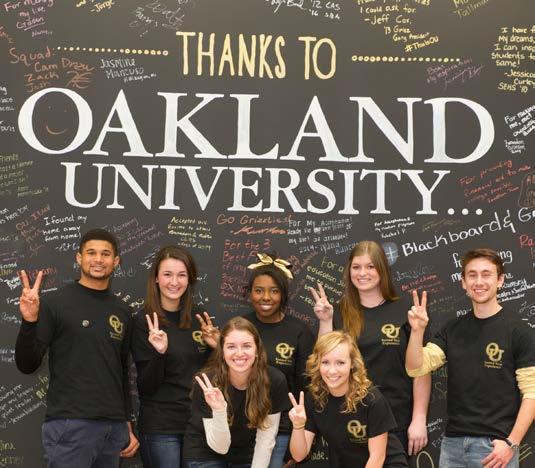Explore Technology: A Meta-Major for Undecided Students “Meta-majors provide a welcoming environment for exploration through advising conversations, introductory coursework, and investigating major options.” (Kafka, 2019; Selingo, 2017)
Zackary Underwood Director of University Studies and Explore Technology, Virginia Tech
Herbert Bruce Assistant Professor of Practice for Undergraduate Education, Department of Food Science and Technology, Virginia Tech
Undecided or exploratory majors are 3 of the 10 most popular majors for incoming first-year students at Virginia Tech (VT). Each college at VT hosts at least one undecided major (e.g., Exploring Life Sciences, Exploring Natural Resources, Explore Science). The University Studies Office (USO) also houses two undecided majors.
However, moving to a major that fits the students’ academic abilities, interests, and values can be life changing for a student. Students who pursue Explore Technology are still on pace to graduate, because they explore new subjects while also completing general education graduation requirements. Students can stay with Explore Technology until they find a major that fits them, typically within one academic year, or until they reach 60 credit hours as required by university policy.
In 2017, USO staff created the Explore Technology meta-major for students who were interested in multiple colleges or majors. Metamajors provide a welcoming environment for exploration through advising conversations, introductory coursework, and investigating major options (Kafka, 2019; Selingo, 2017). Students have time to decide their path and examine an estimated 60 majors that incorporate technology. Incoming students can declare this major when they apply for admission, and it meets their needs, engages them academically, and results in strong retention.
Incoming Student Needs Students applying to VT must declare a major on their application. Most candidates apply directly to their chosen major. Some are hesitant to choose and can apply to undecided majors, where they can examine their options and weigh major interests across multiple colleges. Other students simply do not have a particular major in mind. Whatever the reason, more than 1,500 students (over 20% of the incoming class in 2019) enroll at VT each year with an undecided major, and Explore Technology is one of them. Traditional and nontraditional first-year students change their minds about their major for many reasons ranging from multiple interests, varying stereotypes about certain majors, and their changing identities. Anecdotal information from academic advisors indicates many students are unaware of most majors available to them. Changing majors can be positive and negative. From a negative perspective, it can be costly, demotivating, and time-consuming.
Academic Connection Selingo (2018) believes students should explore majors within their first year rather than being pinned down to a singular choice before they begin college. To give students more structure within their exploration process, students in Explore Technology are required to take a three-hour course called UNIV 1824, Pathways to Success, which introduces the many technology-centric majors VT offers and allows for experiential research into those majors. The three credit-hour course meets for 50 minutes three days a week; is traditionally graded (i.e., A-F); and counts as a social science, general education requirement. Each section includes a maximum of 50 students. The exploration occurs when students interact with technology but also through (a) completing self-assessments like StrengthsFinder and Type Focus; (b) studying psychosocial theories of development; and (c) getting involved on campus through major informational sessions, technology demonstrations, and academic or social organizations. Learning Outcomes for Pathways to Success include: • Describe the components of decision-making theories related to real-life issues and problems facing college students. • Apply psychosocial theories to college transition. • Explain how major psychosocial theories inform a relevant major decision.
page 5




